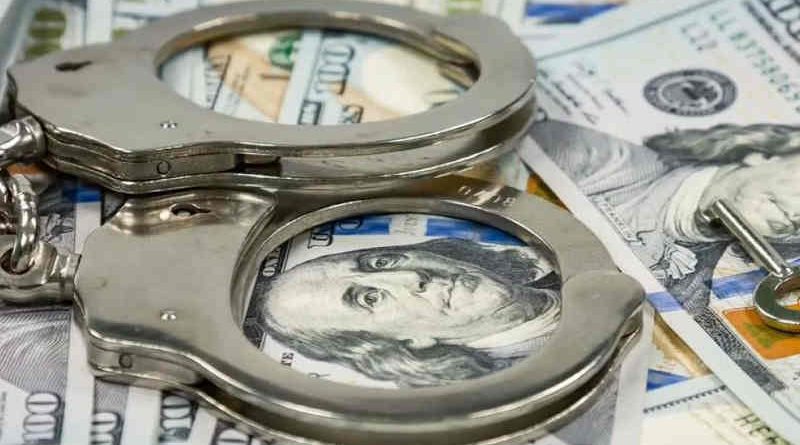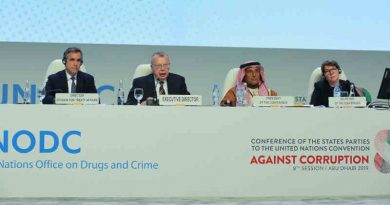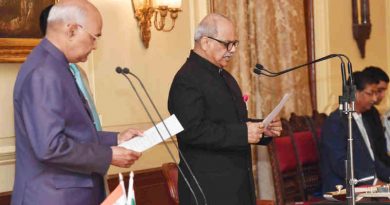Former French President Nicolas Sarkozy Found Guilty in Corruption Case

The court said that Sarkozy can serve the term at home with an electronic tag because in France the sentence should be of more than two years to send a convict to jail.
By Rakesh Raman
A Paris court has handed former French President Nicolas Sarkozy a one-year prison sentence after finding him guilty of illegal campaign financing of his failed 2012 re-election bid.
However, he is unlikely to go to jail despite the ruling pronounced on September 30. Sarkozy, 66, who has denied any wrongdoing is expected to appeal the sentence.
Earlier, in March, the French court had convicted Sarkozy under charges of corruption and influence peddling. In its judgment of March 1, the court ordered him to serve a three-year prison sentence of which two years were suspended.
The court said that Sarkozy can serve the term at home with an electronic tag because in France the sentence should be of more than two years to send a convict to jail. Sarkozy was found guilty of an attempt to bribe a judge in order to influence a court decision in one of the several criminal investigations.
Prosecutors argued that Sarkozy offered to arrange a plum job in Monaco for judge Gilbert Azibert in a quid pro quo deal. The former president had allegedly sought confidential information from the judge about an inquiry into his alleged acceptance of illegal payments from L’Oreal heiress Liliane Bettencourt for his 2007 presidential campaign.
Sarkozy, who led France from 2007-2012, has denied any wrongdoing in all the investigations against him and fought legal battles to get the cases against him dismissed. Sarkozy’s centre-right political outfit Les Republicains has maintained that the investigations against the former president are politically motivated.
According to reports, investigators had from 2013 been wiretapping conversations between Sarkozy and his lawyer Thierry Herzog as they probed allegations of Libyan financing in Sarkozy’s 2007 campaign.
The investigators claimed that Sarkozy and his lawyer were communicating using mobile phones registered under false names. Sarkozy’s phone was registered to a Paul Bismuth.
Reports also reveal that Sarkozy and Herzog had repeatedly discussed communications with judge Azibert, a magistrate at the Cour de Cassation (France’s top appeals court for criminal cases), who had sufficient knowledge of the Bettencourt inquiry against Sarkozy. Gilbert Azibert and Sarkozy’s former lawyer Thierry Herzog got the same sentence.
Sarkozy was also facing trial for his alleged violation of campaign financing rules during his failed 2012 re-election bid. Known as the “Bygmalion” affair case, it alleged that Sarkozy’s party worked with a complicit public relations firm to hide the true cost of his campaign.
While political campaigns in France have spending limits, it is alleged that the firm Bygmalion invoiced Sarkozy’s party rather than the campaign, allowing the UMP (now called Les Républicains) to spend almost double the amount permitted.
By Rakesh Raman, who is a national award-winning journalist and social activist. He is the founder of a humanitarian organization RMN Foundation which is working in diverse areas to help the disadvantaged and distressed people in the society. He also runs The Integrity Bulletin news magazine on international corruption cases and issues.





